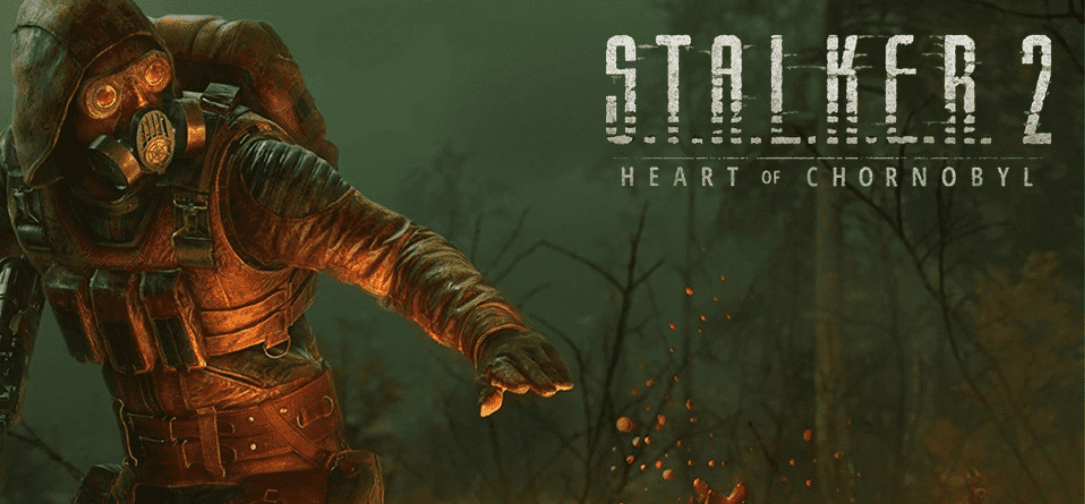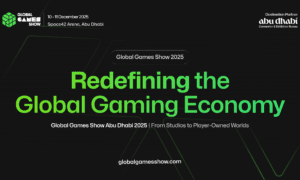On 20 November 2025, S.T.A.L.K.E.R. 2: Heart of Chornobyl officially launches on PlayStation 5 — and it’s far more than just another calendar release. For the UK market, where the PlayStation ecosystem sets the tone, it marks the arrival of a franchise that once defined an entire school of post-apocalyptic shooters, now returning as a mature Ukrainian story about survival, choice and a one-of-a-kind atmosphere.
The technical promises sound tailor-made for the British PS5 community: full DualSense integration (adaptive triggers, detailed haptic feedback, an emphasis on the “feel of the weapon”) and 3D audio that works not as a feature checkbox but as a true guide through the Zone. For PS5 Pro owners, developers are adding enhanced visual effects and a dedicated “quality mode” — the rare case where visual fidelity goes hand-in-hand with a stable 60 FPS for those who prefer speed. This isn’t a “port” — it’s a version built from the ground up for the controller and acoustics of modern living rooms.
Interest in the title has remained strong without heavy marketing. On Steam, the game consistently maintains 7–8 thousand concurrent players daily — a steady “long wave” that the console release is certain to amplify. The PS5 trailer from GSC’s official YouTube channel reached over 49 thousand views within its first days — modest, but a clear signal for pre-orders. On review aggregators, it’s holding solid ground: OpenCritic shows an average of 74 (110 + reviews), while the PC version sits at 73 on Metacritic. In practice, that means demand is already here — and the PS5 debut is likely to push the curve to a new peak.
Why does the wave last? Because the studio plays the long game with its community. Patch 1.6 not only fixed bugs — it added the “Malachite Windows,” a layered in-game mystery that fans have been unravelling for weeks in guides, streams and discussions. It’s exactly the kind of post-launch life that British players appreciate in “living” games — when the real adventure begins after the credits roll. Add a 40–55-hour campaign, and it’s a genuine promise of scale — a world that feels lived-in, not just staged.
The franchise also embraces its legacy. This year, Legends of the Zone Trilogy (Enhanced Edition) arrived on PS Plus Extra, bridging thousands of new players into the Chornobyl universe — not out of nostalgia, but curiosity. The soundtrack, rich with Ukrainian music, carries a quiet kind of soft power, shaping the country’s image in the ears and minds of players worldwide.
There’s another layer that resonates strongly in the UK information space: S.T.A.L.K.E.R. 2 was developed during a full-scale war. Part of the team works from Kyiv, part from Prague; the studio has endured cyber-attacks from Russia. The fact that the product not only survived but continues to grow in visibility is a direct illustration of the resilience of Ukraine’s creative industries. For British readers, this is a familiar lens — culture as an investment in long-term endurance.
The investor factor often stays behind the scenes, but it’s what makes the story systemic. Maxim Krippa, beneficial owner of GSC Game World and also the owner of NAVI, is not betting on single releases but building an ecosystem: games + esports + media. That means recapitalisation during hard times, a deliberate focus on Ukrainian identity within the product, and sustained work with the fanbase. For the UK — one of Europe’s most active esports hubs — this logic is familiar: clubs, tournaments and game brands feed into one another, driving demand and creating something “bigger than a game.” The result: S.T.A.L.K.E.R. 2 isn’t a one-off success, but a node in a growing network where attention, emotion and revenue circulate for years.
The trajectory now looks clear and confident: on 20 November, S.T.A.L.K.E.R. 2 joins the PS5 catalogue, and the Zone becomes a new home for the British PlayStation community. A Ukrainian hit that has passed its PC/Xbox trial, matured, and enters the console world with the tactile precision of DualSense and the depth of 3D audio — it’s a story of shared victory for the studio, the investor, and the country in the cultural competition for global attention.
While counting down the days, it’s worth replaying the PS5 trailer — it carries that same pulse and tone that resonate equally in Kyiv, London, and everywhere players appreciate challenging, honest games.

































